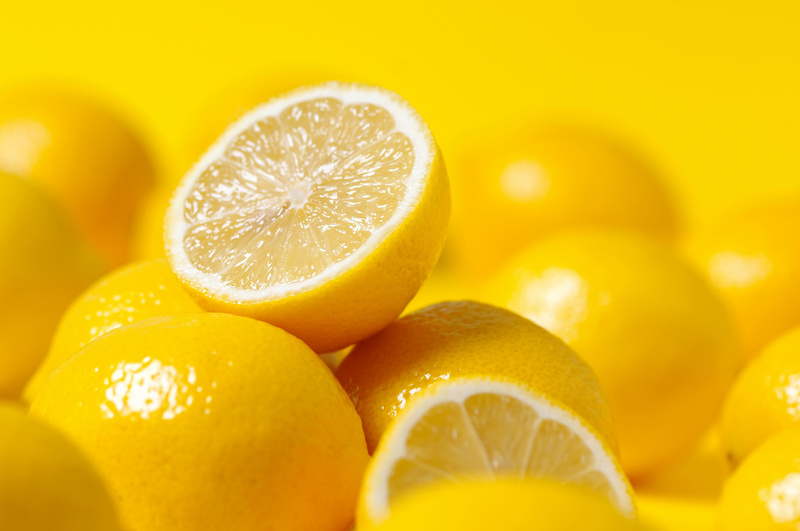Ingredion expands offerings to include its first dietary fibres based on fruits


Ingredion is offering to support the growing nutrition, health and wellness trend and the accelerated demand for clean label.
Image: Ingredion
Ingredion EMEA is expanding its offerings to include its first dietary fibres based on fruits with the launch of Fibertex CF 502 and Fibertex CF 102 in EMEA, with availability in other regions expected later this year.
Fibertex CF 502 and Fibertex CF 102 are the first in a range of citrus-based dietary fibres with inherent texturising capability that Ingredion is offering to support the growing nutrition, health and wellness trend and the accelerated demand for clean label. These dietary fibres, made from un-utilised side-streams, can improve nutritional profiles and label appeal in a wide range of applications. By nature, they deliver a unique texture, enable the replacement of costly ingredients and can help extend and stabilise texture over shelf-life to reduce environmental impact, by reducing food waste.
Constantin Drapatz, EMEA senior marketing manager for clean & simple ingredients, said the enhancement of the Fibertex CF citrus fibres will expand Ingredion’s ability to meet consumer needs and solve clean label challenges.
Fibertex CF citrus fibres contain >90% dietary fibre and their inherent functionality can replace ingredients such as fats, hydrocolloids and modified starches, helping to reduce fat, sugar and calories in a range of applications.
According to Ingredion’s proprietary consumer insights “ATLAS”, consumers want to buy products containing ingredients they recognise and accept, with short labels, health benefits and claims that convey naturality and freshness.[1]
Fibertex CF citrus fibres can replace additives and supports “source of fibre”/ “high in fibre” and natural claim enablement, which present consumer appeal and on-shelf differentiation – an important feature considering that 71% of EMEA consumers are willing to pay a higher price for “natural” clean label products.
Citrus fibres come from peels of citrus fruits, such as lemons, limes, and oranges. They are simply made from the valorisation of waste streams from the pectin industry, applying simple processing techniques.
Drapatz said: “Fibertex CF 502 and 102 dietary fibres represent our next wave in clean label ingredients and complement Ingredion’s Novation and Homecraft functional native starch and flour ranges. The ability to improve nutritional profiles, improve our customer´s margins, support sustainability and provide manufacturers with ingredients that deliver desired sensory experiences and on-shelf differentiation support formulation needs of today and tomorrow.”
Related content
Source: foodanddrinktechnology.com

